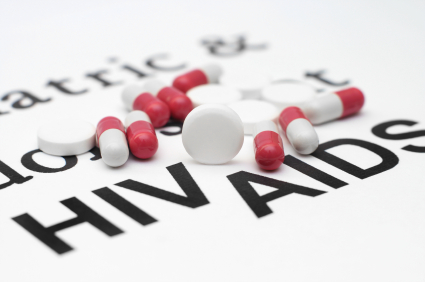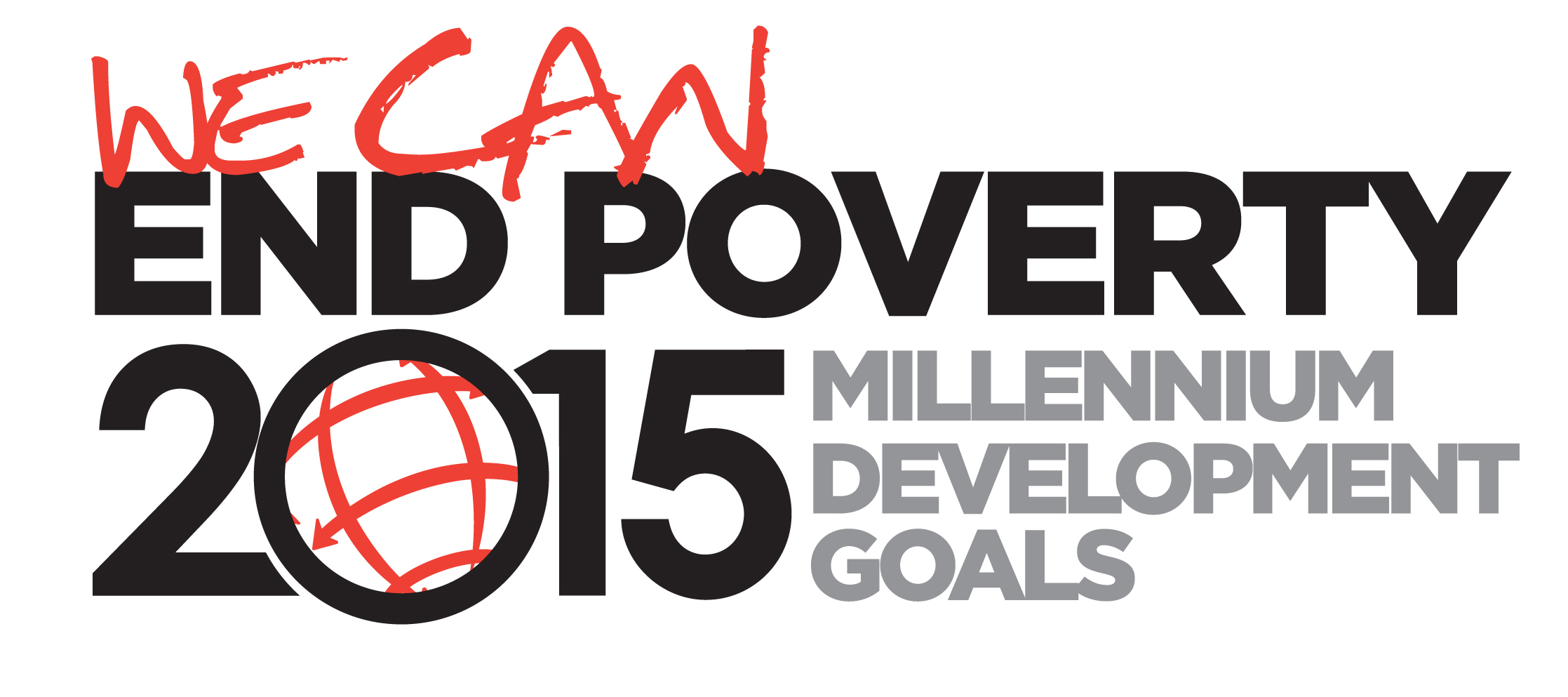HIV / AIDS

The battle against HIV/AIDS has made tremendous strides in recent years, with recent
studies showing that early treatment not only prevents HIV-positive people from dying but helps
curb the virus’ spread. Proper food and nutrition play an essential role in this equation, by keeping people living with HIV healthy longer and improving the effectiveness of their treatment.
Despite the clear success of anti-retroviral treatment, findings also show that one-third
of those who begin treatment are no longer following it three years later; poverty and food
insecurity count among the many reasons explaining this behavior.
People living with HIV have weakened immune systems and increased nutritional needs. Poor
people living with HIV often only begin treatment after HIV — and malnutrition — have already
reached an advanced stage.
In the first months of anti-retroviral treatment, mortality can be two to six times higher among malnourished patients.
Tuberculosis patients face similar risks. Malnutrition is generally more severe in people
with both HIV and TB. HIV can also disrupt the livelihoods of people living with the virus, along with those of their families and other groups. They are often unable to work, either due to illness or treatment side effects, and they face rising health care costs. This can quickly lead to higher food insecurity, sometimes causing people to possibly forego treatment, beg, sell off assets, engage in sex work or send children to work instead of to school.
Royal Group Charity’s assistance is an essential, cost-effective way to encourage people to start and stick to anti-retroviral treatment and Tuberculosis treatment, while also reducing negative side effects and promoting nutritional recovery. In turn, good adherence to anti-retroviral treatment also reduces the need for additional, costly treatments.









